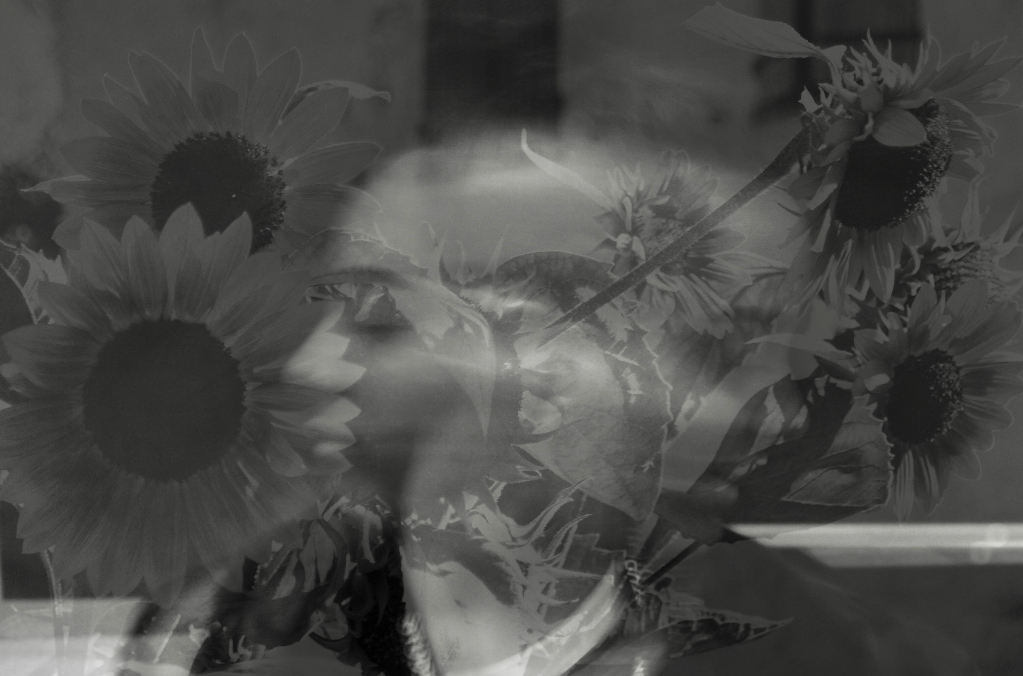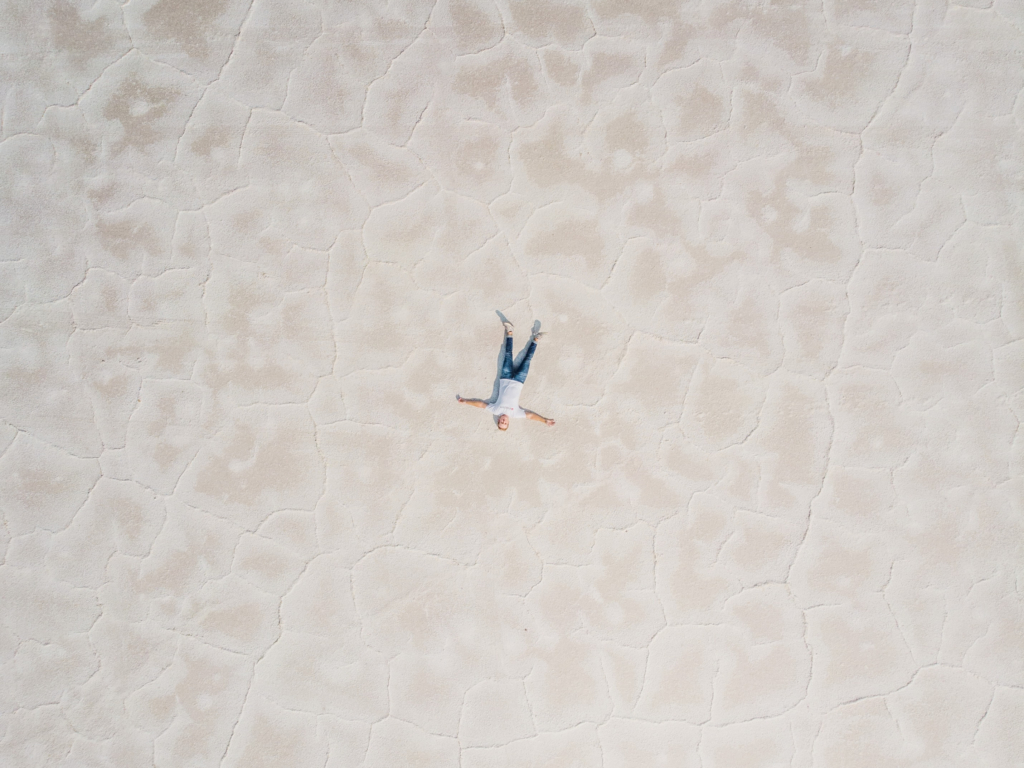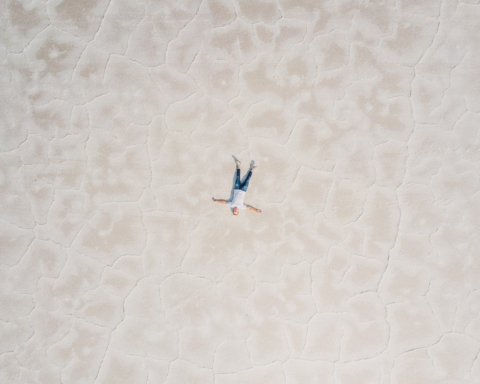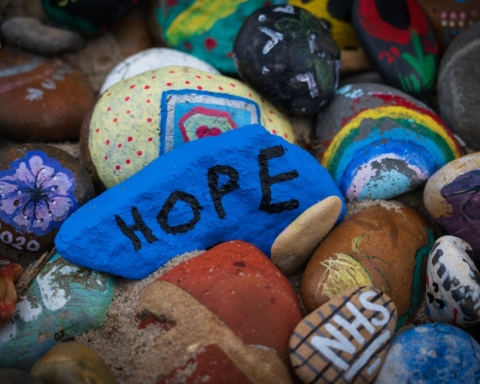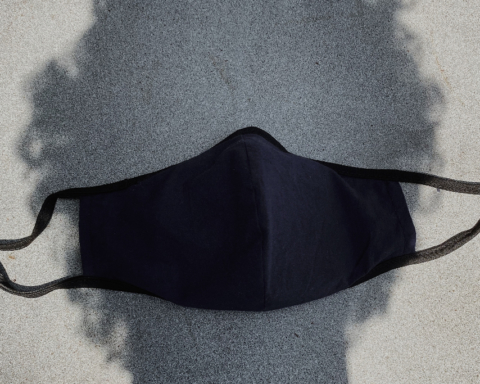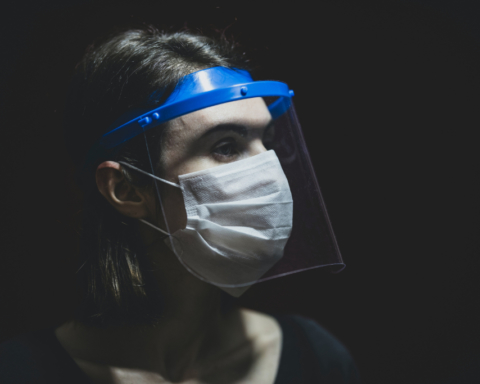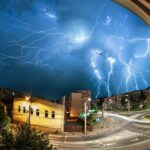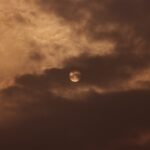I
Complacencies of the kitchen, and late
coffee grounds and orange peels in the sink,
and the gray freedom of sunlight through clouds
framed by a window mingle in the hush
as rain subsides. She sees in tall, bare trees
one crow disrupt a flock of smaller birds
into a fluttering of brief escape.
She reads a little, but she can’t dispel
the dark encroachment of catastrophe,
grown more familiar every weighty week.
That box of oranges beside her chair
brings light and pungency, speaks of blessings.
II
Why should she give her musings to the past,
or daydream of the other side, of light—
proverbial, deserved, tunnel-ending—
of lively streets and shops? What marks a day
whose emptiness invites wild creatures back,
where birdsong flies against such stark reports
of loss? Each colored chart and jagged graph
of tragedy confirms what some deny:
the system grinds despite its oiled gears.
No mercy for the working of the soil,
the roads and hospitals, the grocery stores,
the ferrying of packages to doors.
III
What did the new year hold when it was new
and unwritten, beyond imagining
beyond the chorus of familiar crises?
The threat was also new, its truths no more
amenable to borders than are seas,
and like wide water, inescapable.
The truth is like wide water, without sound,
while triumph rings its brassy phrase too soon,
too loud and long. The global map began
to bleed, and whispered out of tenderness
for those who trembled at the math. Let x
be death. Let y be the mother of beauty.
IV
She says she is content with slower days,
how neighbors wed to offices and cars
now tend forgotten yards; they wave hello
from someplace not quite paradise, but more
like life, as if the sidewalks of her childhood
revive. Chalk hearts and bicycles—small gifts
distract from what has quieted or paused,
and what has disappeared. Classrooms shuttered,
the workweek sheds its once unchanging skin;
an urban tide flows out, abandoning
starlings and pigeons to the silences
where vacancy, like April’s green, endures.
V
She says injustice calls us to repair,
as birds are drawn to test their wings above
uncertain, misty fields; while vanity,
in those relinquished to deceit, cries out
for some dividing and indifferent view
of need, that leaves our earthly mothers weeping,
sleeplessly. As crises bloom, as summer brims
with fruit and leaf, as streets of protest meet
the sanctioned fury of anonymous
batons, our earthly mothers speak, sleepless.
And summer brims. And speechless dawn receives
the culling of wounds, the parsing of grief.
VI
But to shoulder grief in shelter, alone,
breeds other griefs, and tries resiliency
like tattered weavings of our afternoons.
If distance rules all pleasures and all pains,
how might she prove the months are anything
but seas, whose skylines lack the faintest mark
of landing place? She learns that autumn limns
the edges of the day, without judgment,
whether hours fill with memories or voice;
that months collide like waters: every wave
infects the ships of state, the decks, the holds,
the captains and the crews, the evening news.
VII
From firestorms and hurricanes to snow,
we think the heavens should be friendlier
because our hands are full. Because, fatigue.
The drought of summer and the wintry night—
neither one’s at fault. Jove in his mythy clouds
looks forward to convergences, not down
to where we clash and stagnate in debate
on how and when and why and if to change.
We live in an old chaos of the light
of sun and stars, and every story told
to make them orderly, to make them ours,
aligning in the mind if not the sky.
VIII
She thinks the year is not a blur, not quite
a flurrying of wings across windows,
but more like murmuration—bouts of noise
and fluid shape she can’t help following
till out of view. Soft rain arrives and fades.
Gray sunlight follows rain and doesn’t ask
for anyone to measure it. She asks
for sweet impossibilities, like how
to bury hindsight, blunt the news, and set
her arguments aside. If elegy
can find the patient arc of song, let x
be beauty undefined. Let y take flight.
________
Lisa Rosenberg is the author of A Different Physics, winner of the Red Mountain Poetry Prize. She served as the 2017-2018 Poet Laureate of San Mateo County, California, and has been awarded an upcoming Djerassi Residency.
Image by william santos.

